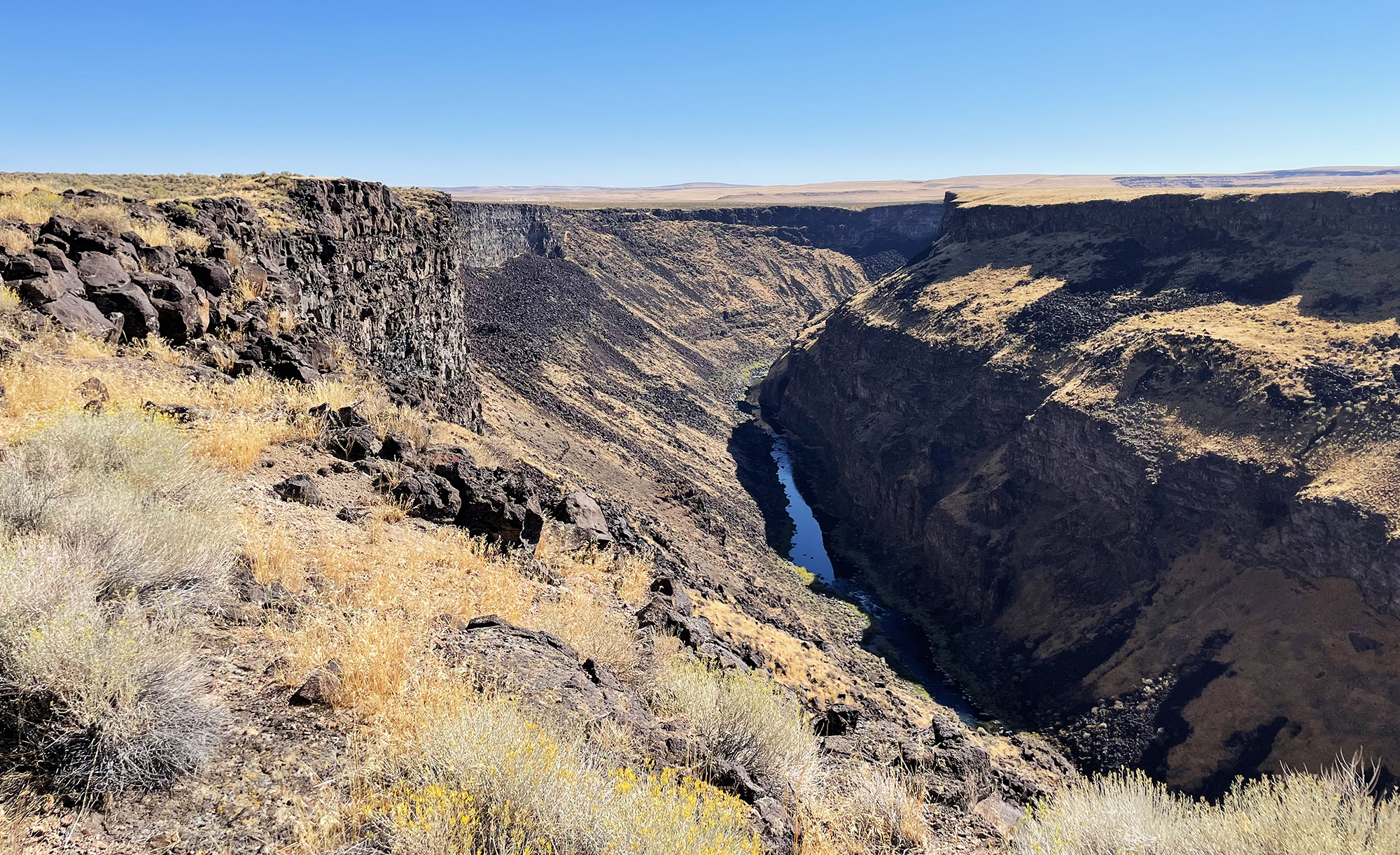
As a trusted advisor to the ranchers we work with, my goal is to understand the ranching operation, its business goals, and the environment where it exists. With that baseline understanding, I help the ranchers find the best path to reach their goals and improve their long-term sustainability and resilience.
This spring, that work took me to a small community in the Northwest US, where I worked with several ranchers in the same geographic area. Ranging in size and approach, I worked with them to meet their goals: enhance biodiversity, improve weather resilience, conserve grazing land, and simplify operations to improve management.
Despite operations that looked and functioned very differently, each rancher was affected by a common concern around the availability of irrigation water. In this project cohort, each rancher was located within a few miles of each other, where they shared one reservoir for irrigation. The irrigation practices they used at the time were water-intensive flood tactics, contributing to the depletion of the reservoir each summer. This limited forage output – affecting the viability of their ranching operations. By coming together as a group, the ranchers were able to learn about water conservation opportunities from one another, including potential ways to upgrade their irrigation equipment.
While individual efforts make a difference, the collective impact of working in a clustered geographic area revealed the power to bring about landscape-level changes. This collaborative approach enables producers, organizations, communities, and/or governments to pool their efforts and tackle complex challenges. The cumulative effect of these endeavors leads to significant impact, especially for shared resources like water.
About the Author
MATTHEW DELBAR
Grazing and Rangeland Advisor
Matthew brings vast experience managing and restoring rangeland ecosystems and an excitement to expand his knowledge of restoration and sustainability on working landscapes. Prior to joining AgSpire, he was a rangeland management specialist at USDA-NRCS Field Office in California.
Matthew holds a bachelor’s degree in Rangeland conservation and agricultural economics from the University of Idaho. He also holds NEPA and Wildland Restoration certifications and is a certified Technical Service Provider (TSP) through NRCS in 10 states and across 6 practices.
He maintains strong ties to his family’s ranch operations in California where they raise cattle, sheep, hay, and timber.
 Visit the SustainAg Network
Visit the SustainAg Network